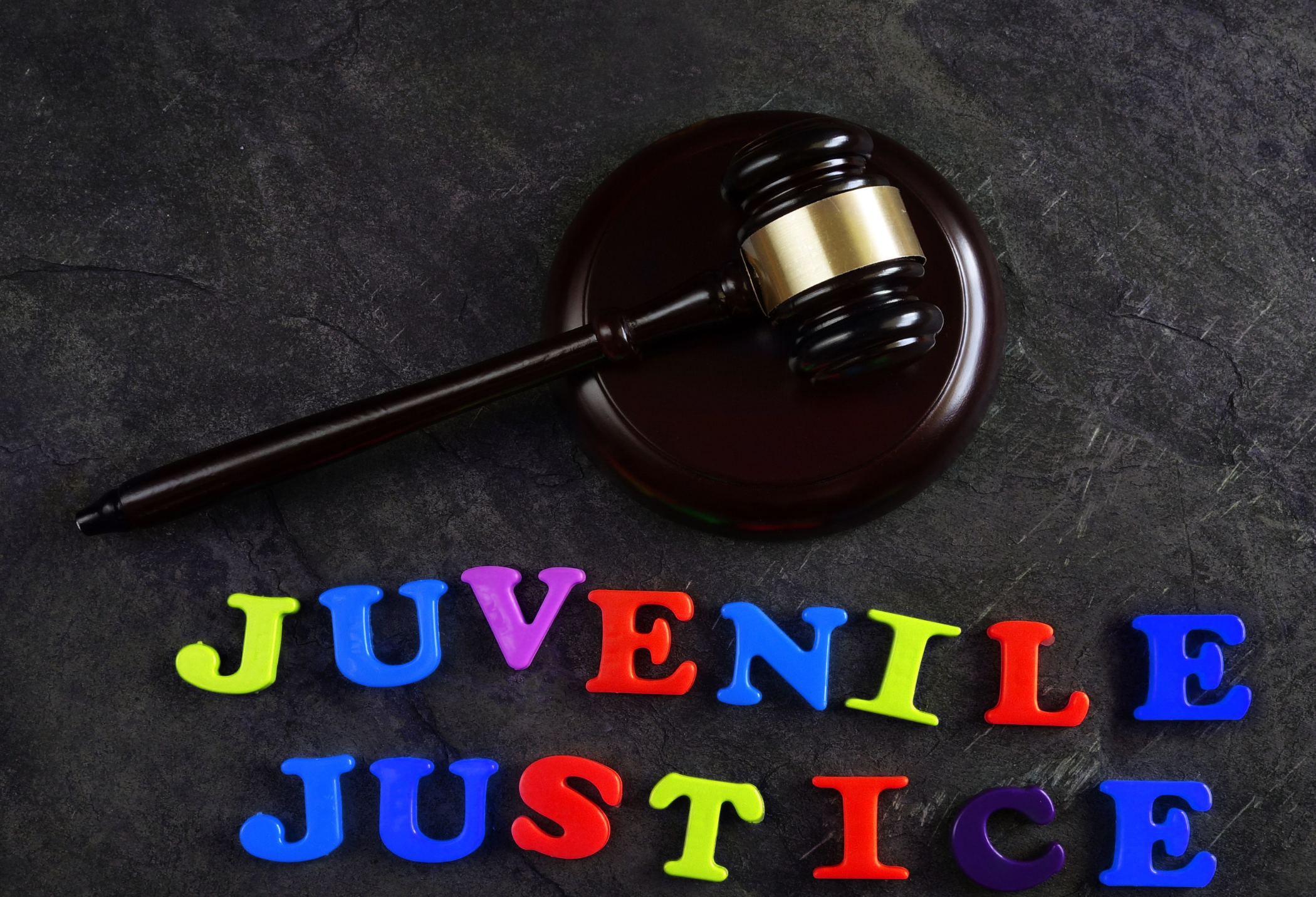
Exploring Types of White-Collar Crimes
White-collar crimes include offenses committed by individuals, government officials, or businesses, usually with a financial motivation. Perpetrators of white-collar crimes typically use deceit, concealment, or breach of trust to commit their offenses. Common examples of white-collar crimes include forgery, money laundering, embezzlement, identity theft, bribery, Medicaid fraud, and insurance fraud. Forgery Forgery occurs when a […]

How Is Child Abuse Defined in the State of Ohio?
In Ohio, child abuse occurs when a child suffers criminal sexual activity, becomes an “endangered” child, suffers non-accidental physical/mental injuries, or suffers childcare abuse. Child abuse can result in administrative sanctions such as listing in a child abuse registry or penalties for violations of Ohio’s child abuse criminal laws. Ohio’s Child Abuse Statutes Ohio law […]

Murder Classifications in Ohio Explained
Ohio criminal law has numerous offenses for homicide, the unlawful killing of another person, or unlawful termination of that person’s pregnancy. Ohio’s Homicide Statutes Ohio law has multiple classifications for homicide offenses. Ohio’s homicide statutes include the following. Aggravated Murder Ohio defines aggravated murder as any of the following: Murder A person commits murder under […]

When Can a Teenager Be Criminally Tried as an Adult in Ohio?
When your child gets arrested for a serious crime in Ohio, such as a violent offense or a crime involving significant property damage, you might worry whether they may face prosecution as an adult. When Can Prosecutors Transfer a Teenager to Adult Court? Under Ohio law, prosecutors may seek a mandatory or discretionary waiver of […]

When Does Vehicular Manslaughter Turn into Vehicular Homicide in the State of Ohio?
Under Ohio law, a person can commit the offense of vehicular manslaughter, vehicular homicide, or aggravated vehicular homicide when they cause someone’s death or terminate another person’s pregnancy while operating a motor vehicle, locomotive, watercraft, or aircraft and causing an accident. The specific offense a person may face will depend on the circumstances surrounding the […]

Burglary vs. Robbery: Legal Differences Explained
People may consider burglary and robbery as two types of theft crimes, with a burglary involving a theft that occurs when someone breaks into another’s property to steal items inside and a robbery involving stealing property from someone in public. However, burglary and robbery have several differences that make the scope of each crime broader […]

Top Strategies for Building a Strong Defense in an Ohio Criminal Case
If you were arrested and charged with a crime in Ohio, prompt action to build a compelling defense can give you the best chance of securing a favorable outcome in a criminal case. An experienced criminal defense attorney can help you develop and pursue compelling defense strategies. Here are some ways your lawyer will bolster […]

Federal vs. State Crimes: Understanding the Differences
After an arrest, you may face prosecution for an offense in either state or federal court, and sometimes in both. Knowing where your case may end up can help you understand your options for pursuing a resolution to your charges. An experienced criminal defense lawyer can explain your charges and the applicable criminal justice process […]

What Is the Difference Between Robbery and Theft in Ohio?
Although some people may refer to theft and robbery interchangeably, these theft crimes differ in the elements of each offense. Understanding Theft Under Ohio Law Ohio law defines the crime of theft as knowingly obtaining or exerting control over someone else’s property or services with the intent to deprive them. Under the theft statute, a […]

Do You Have to Serve Your Whole Sentence in Ohio?
When a judge hands down a prison sentence in Ohio, many wonder if the convicted individual must serve their entire term. Various factors and programs can affect the actual time served, as Ohio’s sentencing structure includes several mechanisms that can reduce an inmate’s time behind bars. These programs aim to balance punishment with rehabilitation and […]